From competitive fencing to the C-suite, Spencer Gordon-Sand’s journey into web3 is anything but ordinary. A longtime trader and early NFT collector, Spencer parlayed his investing instincts into founding Orange Cap Games—a studio merging IP, gaming, and trading card culture. After a breakout debut with Vibes TCG for Pudgy Penguins, Spencer and team recently made waves by acquiring Moonbirds, one of the most well-known NFT collections.
We caught up with Spencer to hear more about his thoughts on community-driven IP, the long-term vision of Moonbirds, and how physical collectibles are bridging the gap to digital.
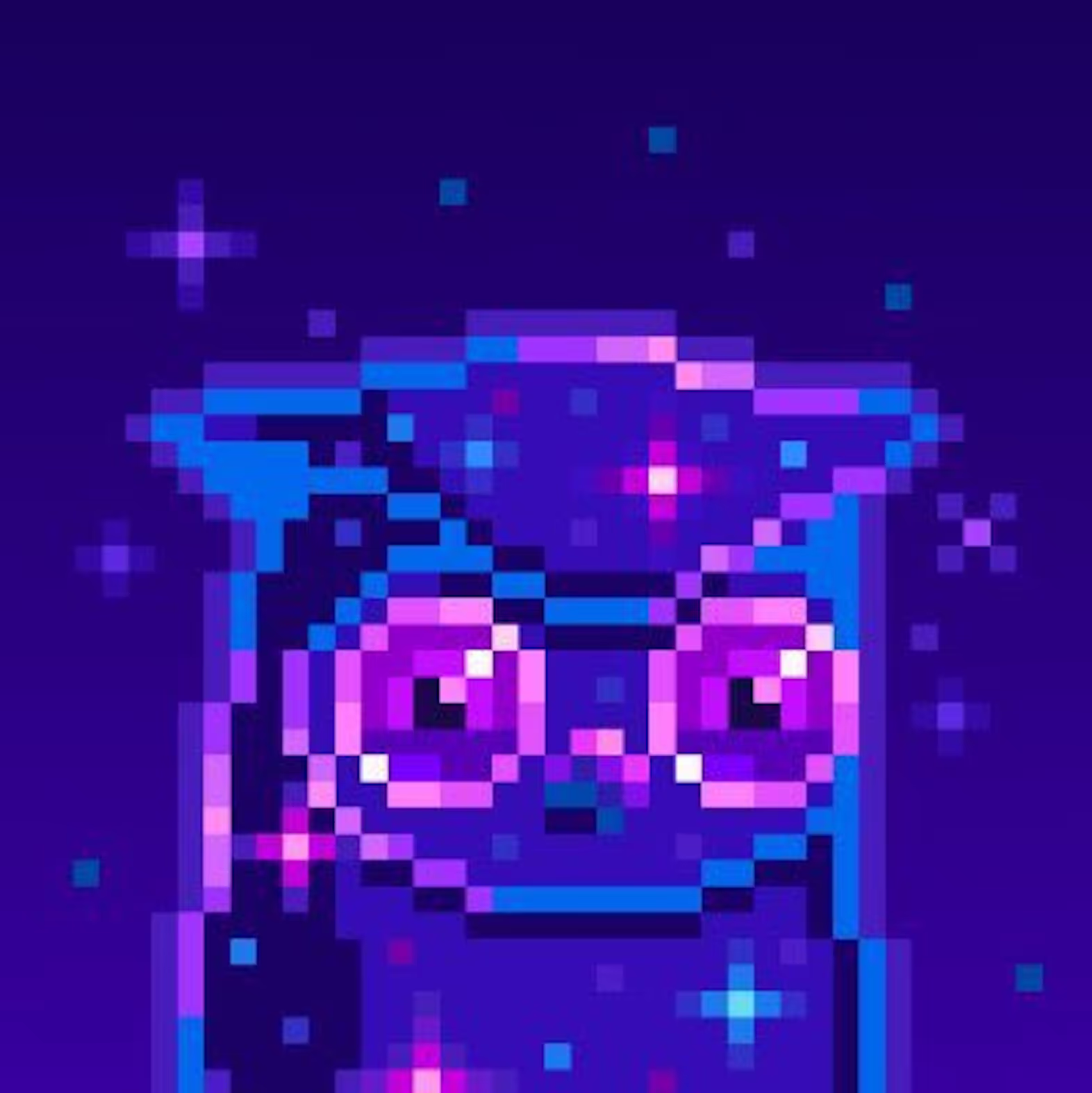
OpenSea: Let’s start with a bit about you. How did you originally get into the space?
Spencer Gordon-Sand: I’ve had a pretty unconventional path. I was a competitive fencer on the World Cup and Grand Prix circuits. After that, I joined a startup, helped win a few million in contracts, got promoted to the C-suite, and we raised venture. Eventually, I left to get my degree in economics at the University of Chicago.
I went on to be an executive at a few startups—two were venture-backed, one was acquired, and one I helped raise $125 million in about 18 months. When the pandemic hit, I pivoted into investing, doing about 100 early-stage venture deals through Lofty Ventures, a platform my business partner and I funded. Most of it wasn’t in web3, but I always had some crypto exposure.
Before that, I used to fund my early startups by buying and selling trading cards. I was mostly a trader more than a player. In 2021, I stumbled into NFTs on Clubhouse and realized, “This is just like venture investing but with trading cards.” I got in early with Bored Apes, RTFKT, Cool Cats—you name it. My portfolio went up about 7,000% in eight months, and I cashed out into stables in December 2021.
By Q3 2022, I raised my first fund, backed by the Pritzker Group (the Illinois governor’s family office). We were mostly in cash during the FTX collapse, so we were able to do a lot of interesting stuff post-FTX. At our peak, we did 5% of volume on Blur and were one of its top contributors ahead of the airdrops.
We are also the largest holder of Pudgy Penguins. We bought them from the liquidation auction from Three Arrows Capital (3AC) and it turned out to be a great trade. That led to a conversation with Luca at Art Basel two years ago, where I suggested a TCG as a way to monetize IP. That idea became Orange Cap Games, and our first project was Vibes TCG for Pudgy Penguins.
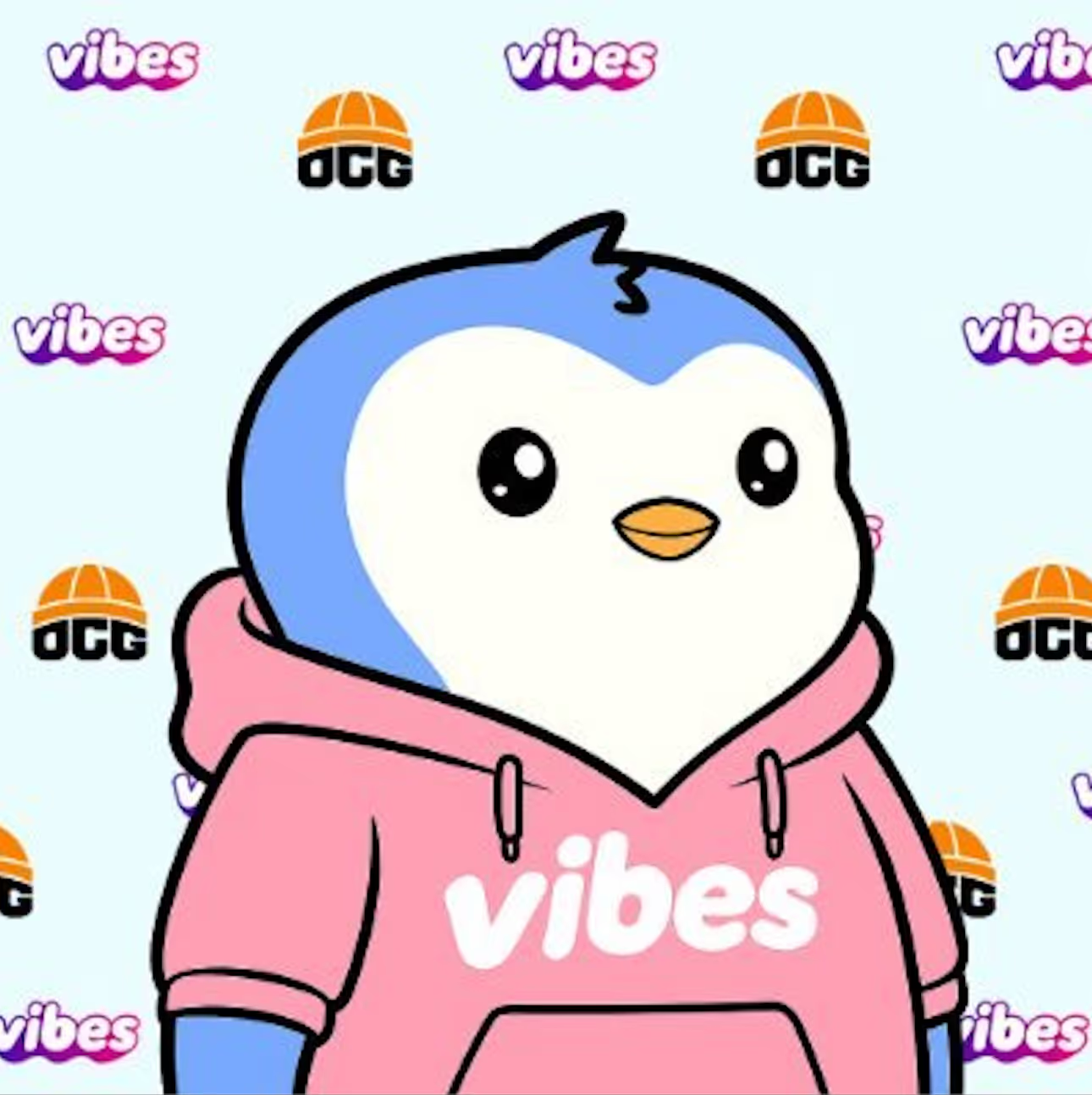
OpenSea: And Vibes has done really well, right?
Spencer: Yes. We launched both physical and digital formats in eight months and raised $2 million. We’ve partnered with eBay, CGC, and Van, among others. Since December, we’ve sold over $1.5 million in product, and our online game has 350,000+ plays. We’re also gradable by PSA and CGC. In fact, we’re the 19th most-graded TCG by CGC—and we only launched in December.
We’ve focused a lot on growth outside crypto, but there’s been strong engagement from the crypto community as well. That success opened the door to other opportunities, including the acquisition of Moonbirds.

OpenSea: Tell me more about that. Why Moonbirds?
Spencer: Orange Cap’s mission is to bring IP to life. With Vibes, we proved we could do that. After seeing Moonbirds was looking for a new home, we realized it was a perfect fit. We know how to build for IP. We’ve worked closely with Pudgy and understand the playbook.
Owning IP ourselves opens up new possibilities, and Moonbirds have always had strong IP. I’ve been a fan since the beginning. The art is incredible. Justin Mezzell did something masterful, especially with the Mythics. The community is unique too. Big presence in Europe and Silicon Valley, not just your typical crypto crowd. When we announced the acquisition, a lot of people who still cared about Moonbirds came back out of the woodwork. That’s been the most rewarding part.
OpenSea: That nostalgia for 2021 is real.
Spencer: Totally. For many, the peak of Moonbirds was the most fun they ever had in crypto. Memecoins might’ve made more money, but they weren’t as fun. We’re trying to bring that joy back and lean into what made Moonbirds special.
OpenSea: How has the community responded so far?
Spencer: Overall, really positively. We haven’t delivered anything major yet—it’s still early—but there’s excitement about what’s to come. We’ve been clear: we’re not fulfilling the old vision for Moonbirds, we’re building our own. Some people won’t like that, and that’s okay.
We’re embracing AI as a tool to push the IP forward. Moonbirds always attracted people who wanted to be on the cutting edge. In 2021, that was NFTs. Today, it’s AI. We’ve already seen the community start generating AI art of their Moonbirds. It’s exciting to see that kind of creative energy.
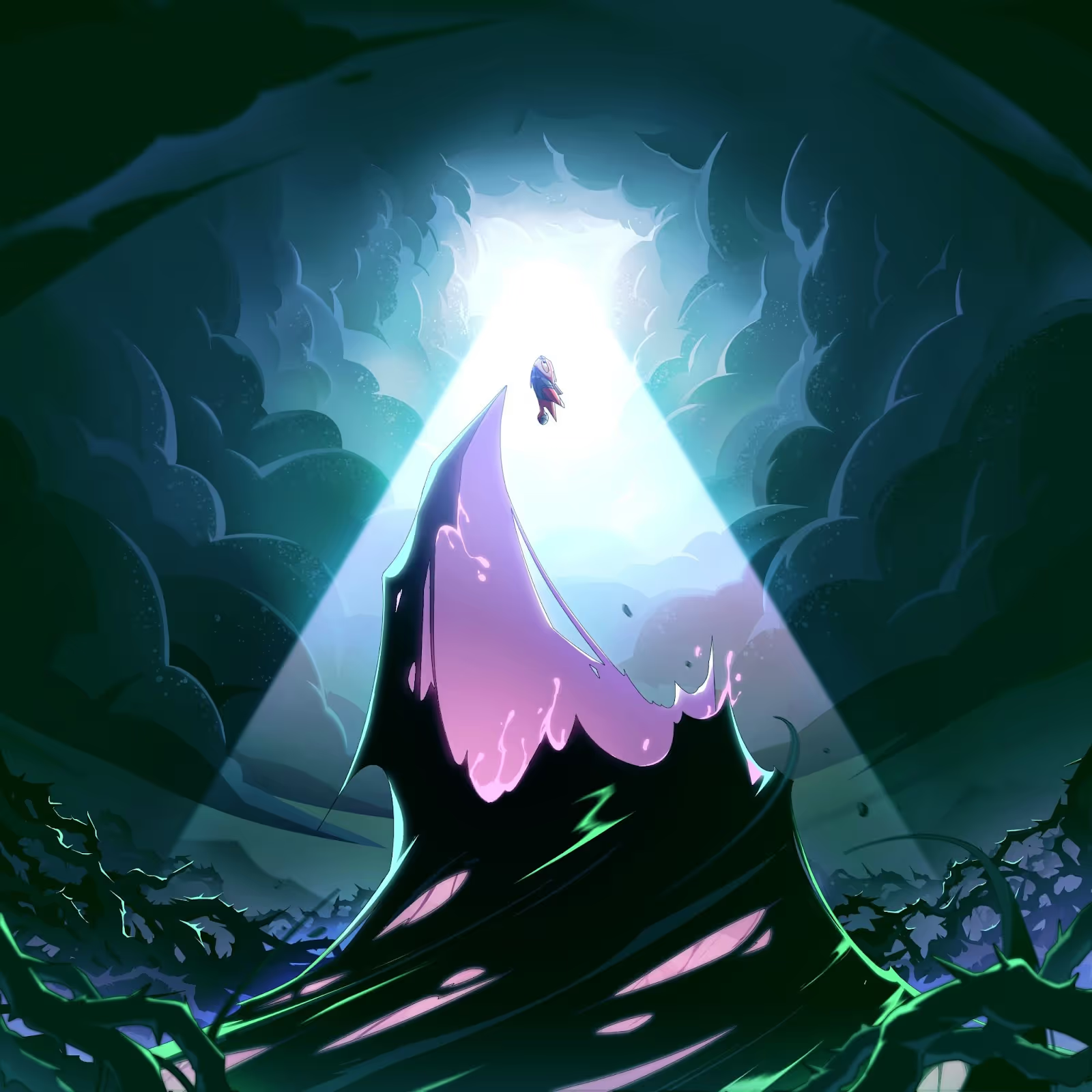
OpenSea: How are you planning to expand the IP into the mainstream?
Spencer: Platforms are the first step. Right now, Moonbirds mostly live on X. We’ve already launched a Telegram channel and we’re spinning up a content strategy for TikTok, YouTube Shorts, Instagram, Snapchat, maybe Giphy.
Short-form video is huge, and AI makes it easy to produce compelling content at scale. It’s also about updating the brand for 2025. In 2021, being Twitter-native was fine. Now, that’s platform risk. You need to be everywhere. And we see Moonbirds as a bridge—something that can pull people into crypto from the outside.
OpenSea: What other ways are you thinking about community-driven IP?
Spencer: Long-term, we want to generate products that use the IP, like we’ve seen with Pudgy and now Rekt Drinks. We have a manufacturing team in Asia, so we can actually produce high-quality physical goods that serve as a bridge to digital.
With Vibes, at least half our players aren’t crypto-native. Some come in skeptical, but once they play, they forget it’s even related to crypto. That’s the kind of experience we want.
OpenSea: You mentioned Moonbirds already has 3D avatars?
Spencer: Yes. Yuga Labs built fully 3D-rigged avatars for Moonbirds, which is huge. That unlocks all sorts of opportunities—including in Otherside, though nothing’s confirmed yet.
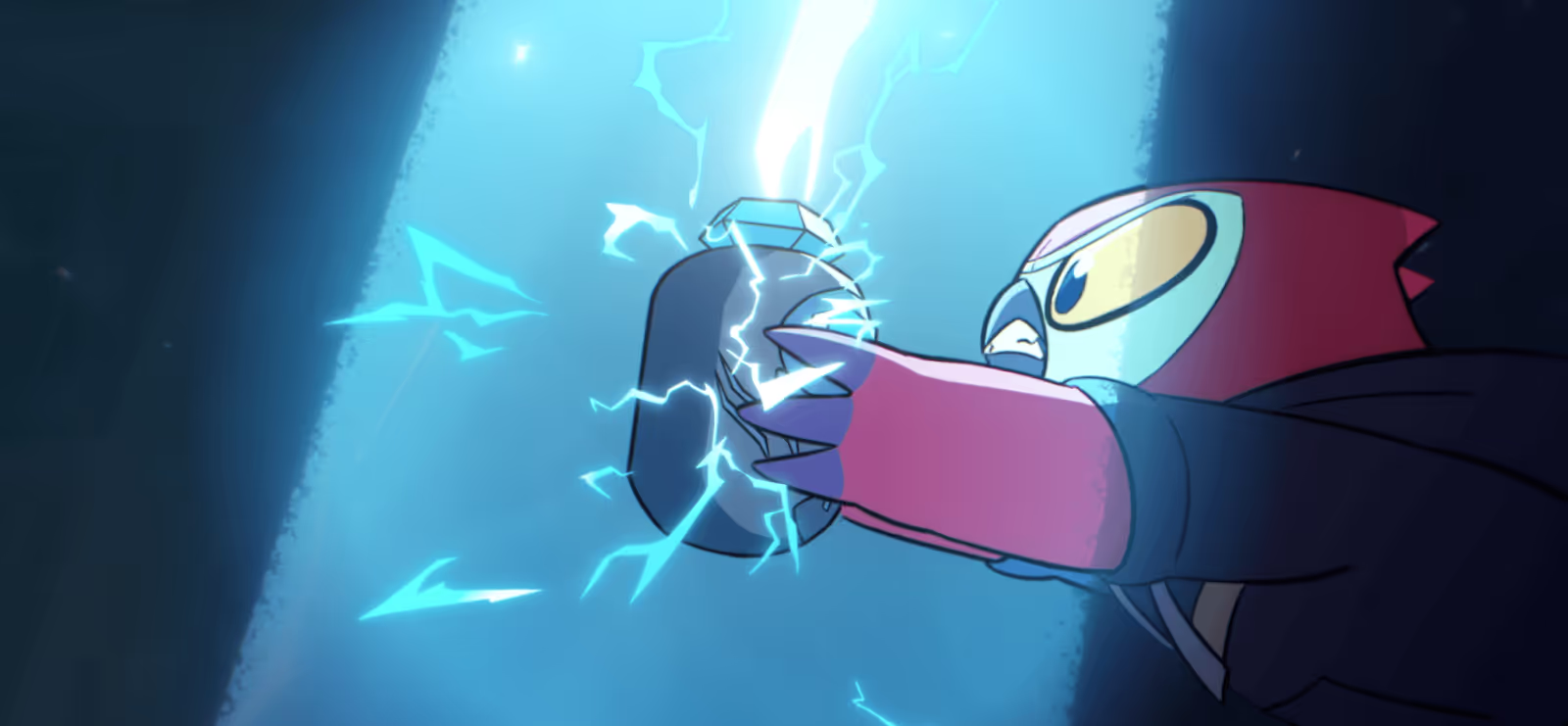
OpenSea: What’s your long-term vision for Moonbirds?
Spencer: It’s a phased approach. Step 0 is reactivating the community. Step 1 is growing the IP as a platform. Step 2 is delivering products and partnerships. In five years, I want Moonbirds to be a ubiquitous IP—something you recognize in every household, with physical products on shelves and a digital presence that brings new people into the space.
OpenSea: Outside of Moonbirds, what’s next for Orange Cap?
Spencer: We’re about to release Legend of the Littles, a Little Pudgies-themed set for Vibes. Our first set, Enter the Huddle, was good—this one is great.
We even developed our own paper stock for it, called Orange Core. Most TCGs use Blue Core. Orange Core is more durable, holds its shape better when shuffled, and just feels better in your hand. That level of detail might seem excessive, but it’s part of our philosophy—do things right, even if it’s harder.
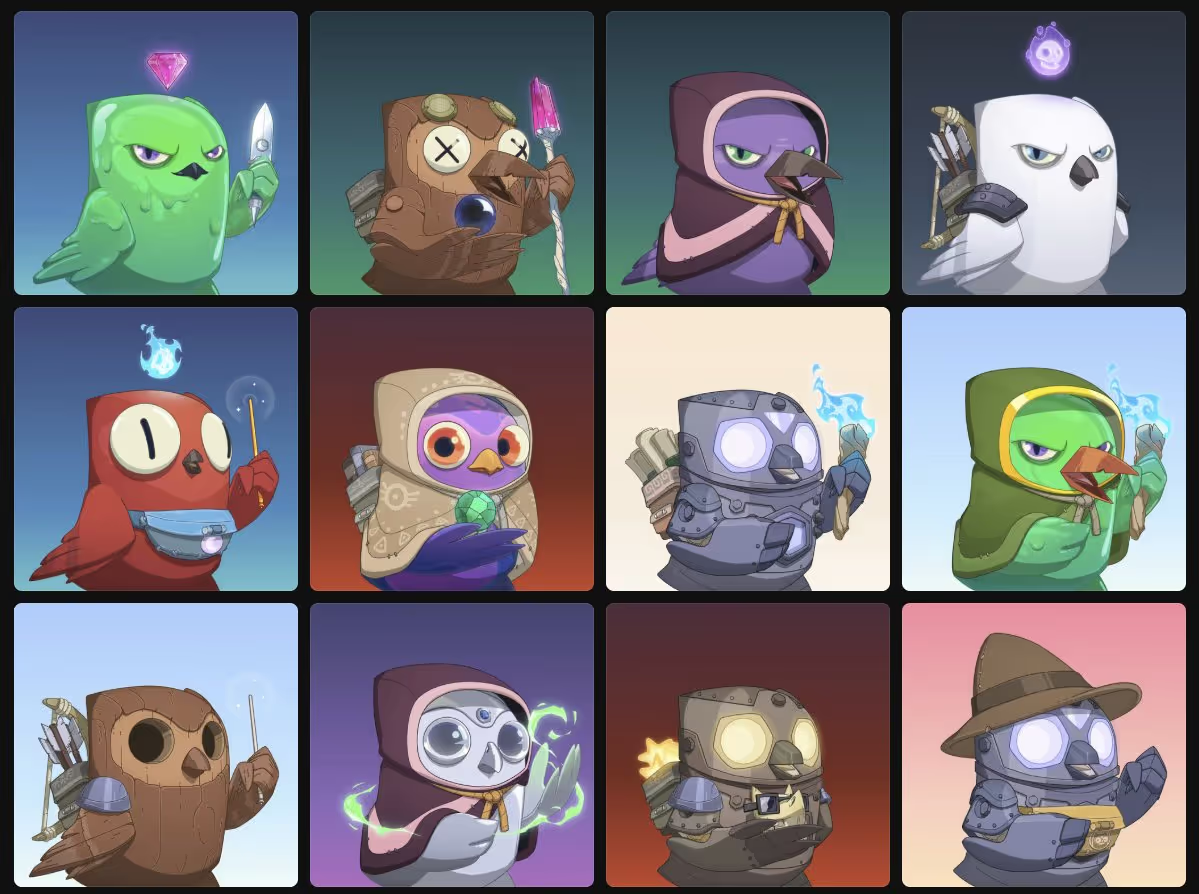
OpenSea: That physical-digital intersection is really interesting.
Spencer: Yeah, and it’s something we’ll keep exploring. TCGs are great because they work in both physical and digital spaces. We’re not big fans of NFC chips in cards—it doesn’t scale well—but we are exploring other physical collectibles that can bridge into digital.
In Vibes, the last card in every pack has a QR code that takes you to the online game. It’s not about gimmicks; it’s about using physical items as a hook into digital experiences. That’s where we see a lot of potential.
OpenSea: Anything else you want readers to know?
Spencer: Just that we want to bring back the fun. We’re nostalgic for when NFTs felt exciting. If we can make them joyful again, we can do incredible things. Moonbirds was always about being at the frontier of tech. In 2021 that was NFTs; now it’s AI. That evolution is healthy. We’re here to push it forward.
.avif)


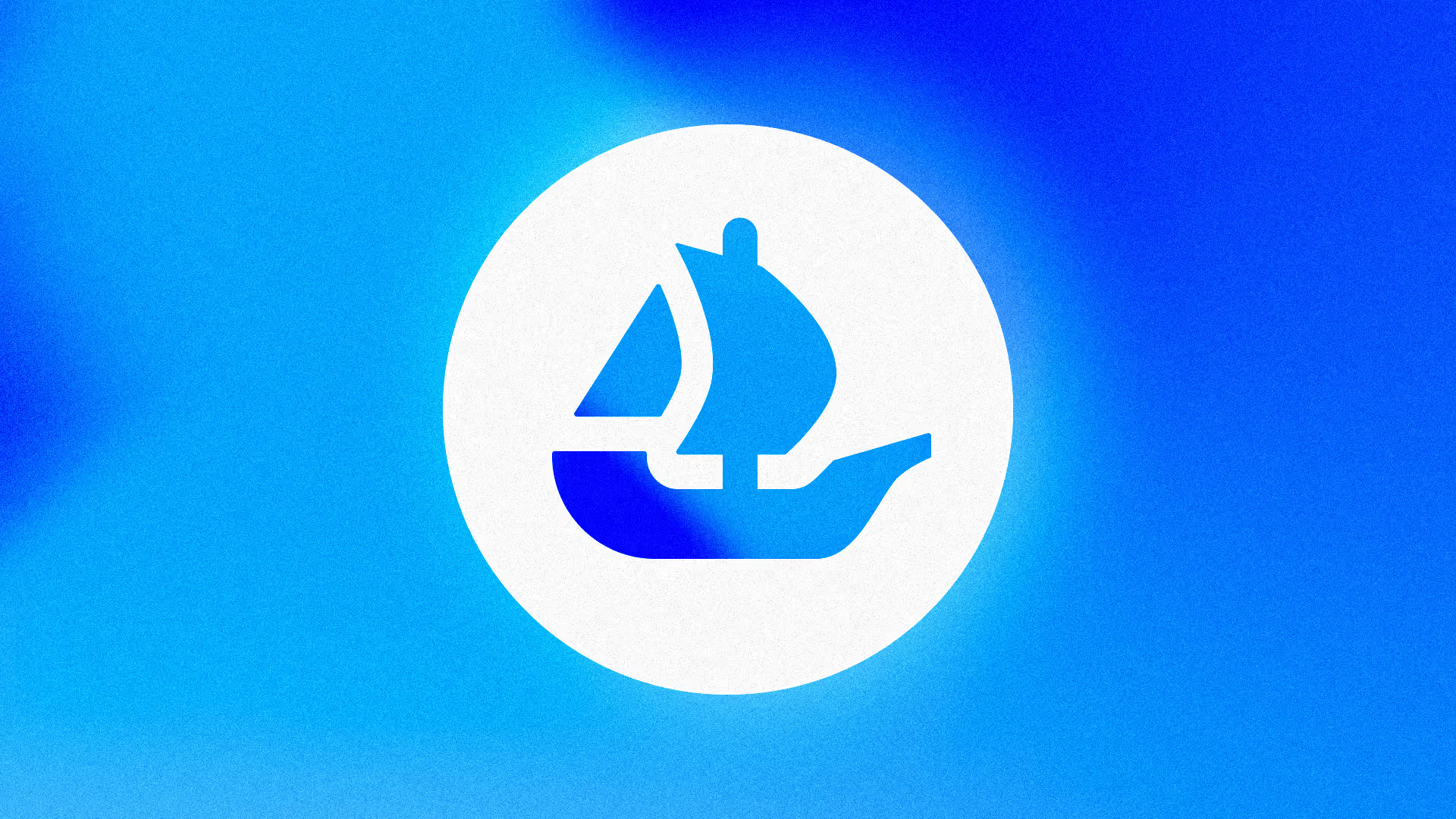

.avif)
.png)
.png)
.png)
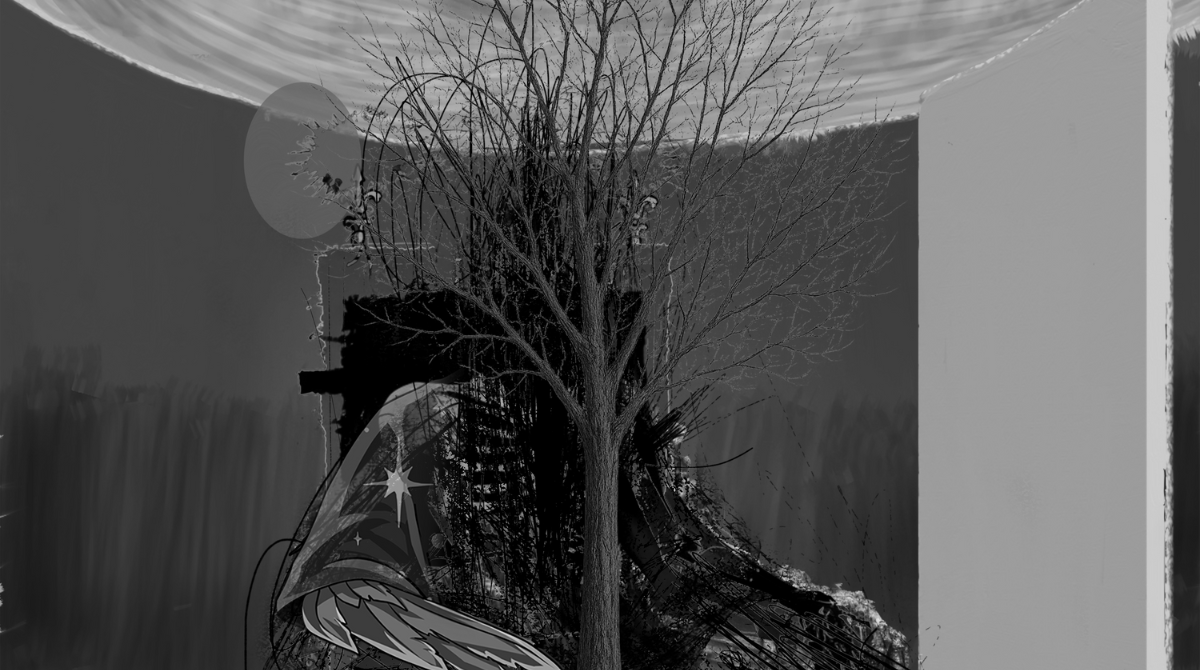
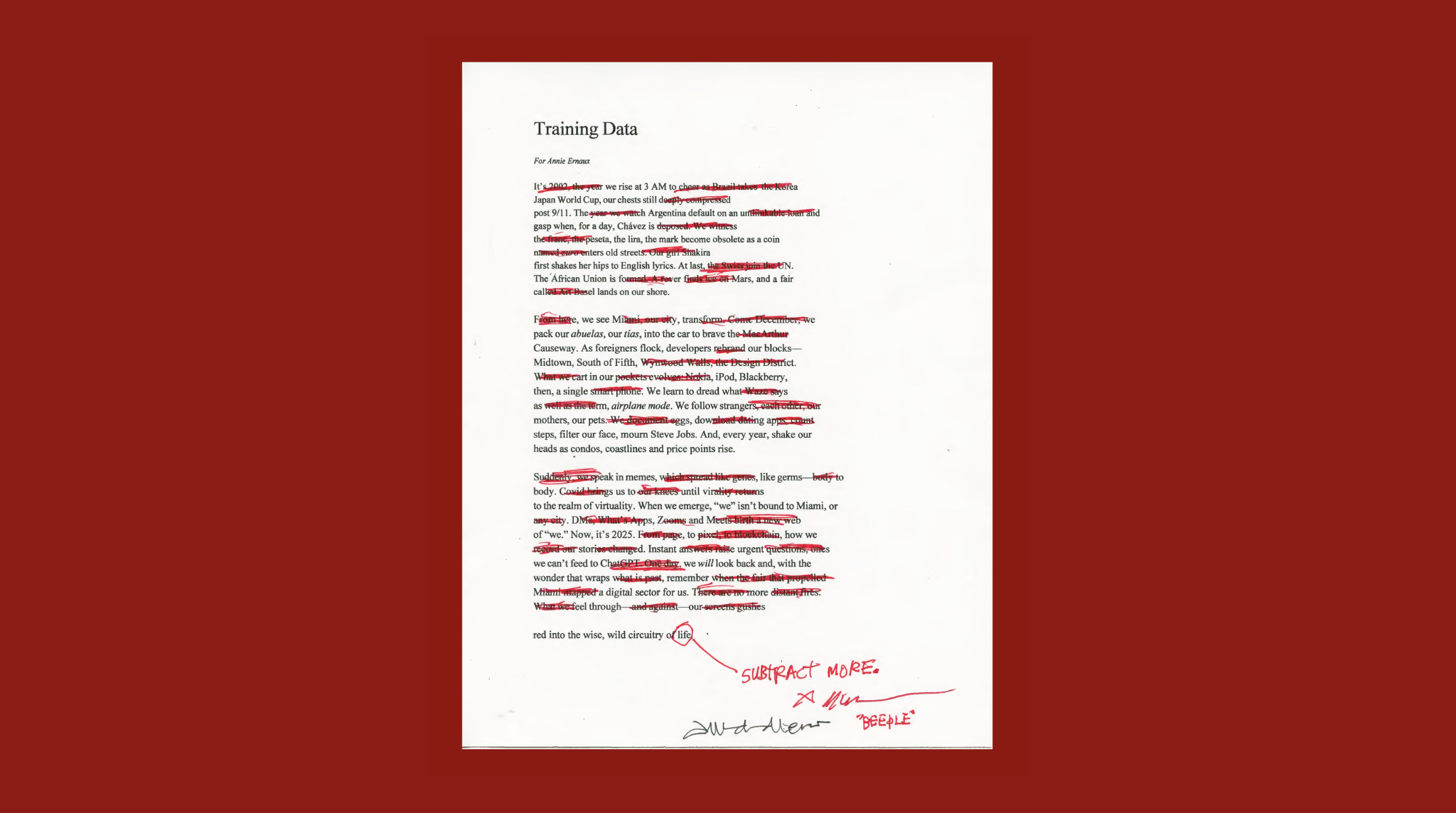
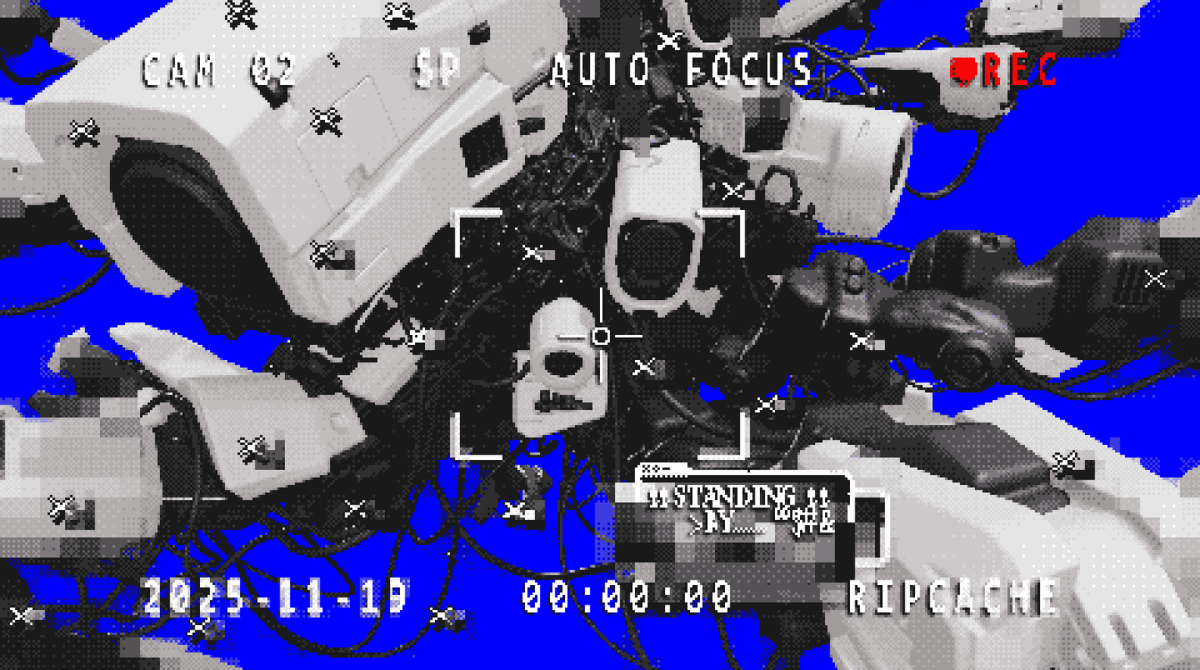
.png)
.png)